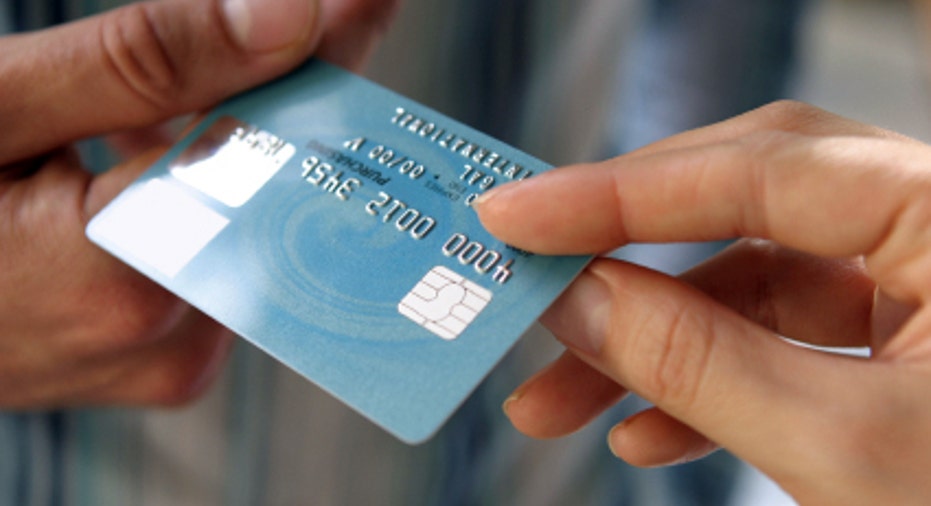Do Card Issuers Remember My Very Old Mistakes?

Dear Opening Credits,
I was wondering if the same credit card companies that had collection actions against me would remember me after the collection accounts have been removed from all my credit reports. Will they still have me in their records as a bad payer or is it solely based on my current credit reports?
- Tony
Dear Tony,
Unlike some loved ones, credit card companies don't hold unnecessary grudges.
Yes, it's possible they have kept records on you and your old bad behavior. That gives them more information than a new issuer, which has only on the information from your application and credit report as a basis on which to judge you. Card issuers can base approval or denial on a number of factors, including internal information. So it's best to assume the old issuer has you in its records. That's the bad news.
The good news is, if you messed up and failed to pay your bills a long time ago, they tend to forgive and forget. Or, rather, they don't care because it's irrelevant. What matters is your more current financial conduct.
Whether you qualify for a credit card -- either with the issuers you've had or with new ones -- depends largely on two factors: your credit history on your consumer credit reports and your earnings.
When you apply for a credit card or loan, the issuer will pull your credit report (a truncated version, anyway) and check your credit rating. Essentially what they're looking for is a positive pattern of you borrowing and repaying money, with a strong emphasis on recent behavior. For example, if you've got a few years of using another credit card or working down a car loan behind you, haven't missed a payment over the past 36 months and have constantly kept the debt down (or whittled it away), you're doing great.
If a negative item is not on your credit report any longer because it has aged off (seven years for most dings), the creditor will not see it and it won't be calculated into your score. Nor will they embark on an investigative mission, attempting to dredge up dusty old secrets, even if the problem occurred on their territory.
The other primary consideration is your household income. You'll have to list what it is when you apply. If you're bringing in enough cash to support the credit line, it will help you qualify. So if you owe a lot now and don't earn much money, the creditor may reject you because it would appear that you can't afford another payment. Worse, you could be in such an unstable position that you can't cover your expenses and are hoping to charge what you can't pay for in cash. Lenders tend to frown hard on that, because you start to look risky.
Before starting to appeal to credit card companies (former or otherwise), make sure your credit rating is high and job situation secure.
For the credit portion, you can become attractive to any creditor by following the FICO score guidelines, since FICO is the score most creditors use.
In order of most to least important:
1. Pay all obligations on time. Late payments will have a big impact, so always pay by or before the due date. Never default on accounts and let them go into collections.
2. Keep revolving balances low or at zero. This is a wise policy for your overall financial health, too, as the finance charges added to consumer debt are costly.
3. Establish a long history of using credit products. Maybe you don't have a card now, but are paying off a student loan or a mortgage. If so, that's helping.
4. Mix it up. The greater variety of credit products, the better. Again, if you're paying off some loans, or have a gas or retail card, you're already covering this base.
5. Keep credit applications to a minimum. You can't get a card without trying for one, so it's expected that you'll apply. Just don't go overboard. Focus on the accounts you want and will most likely get and don't apply for them all at once. Space out your efforts to get a new card.
Remember, this is business, not personal. All a lender wants to know is that you have the means to meet a credit line and proof that you've been a responsible customer. Not 10 or 20 years ago -- lately.
See related: How long does old debt stay on credit reports?, Credit reports now show your credit card bill-paying habits



















